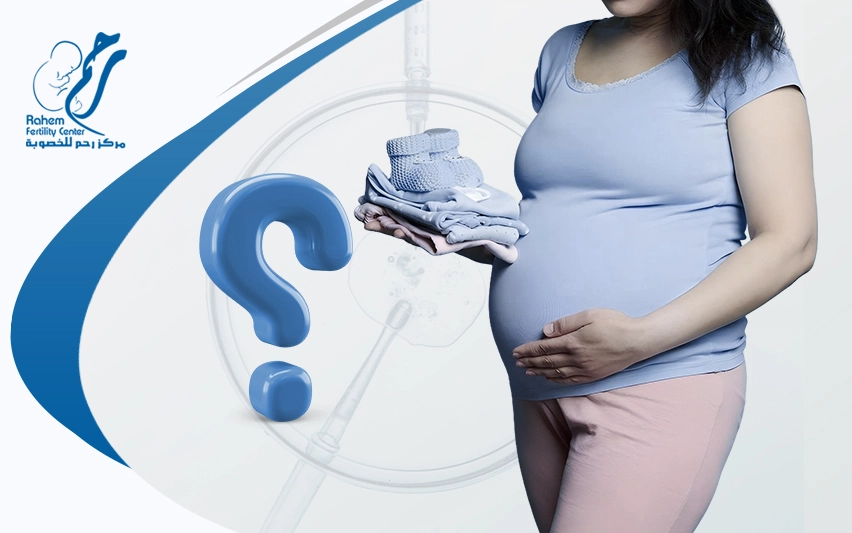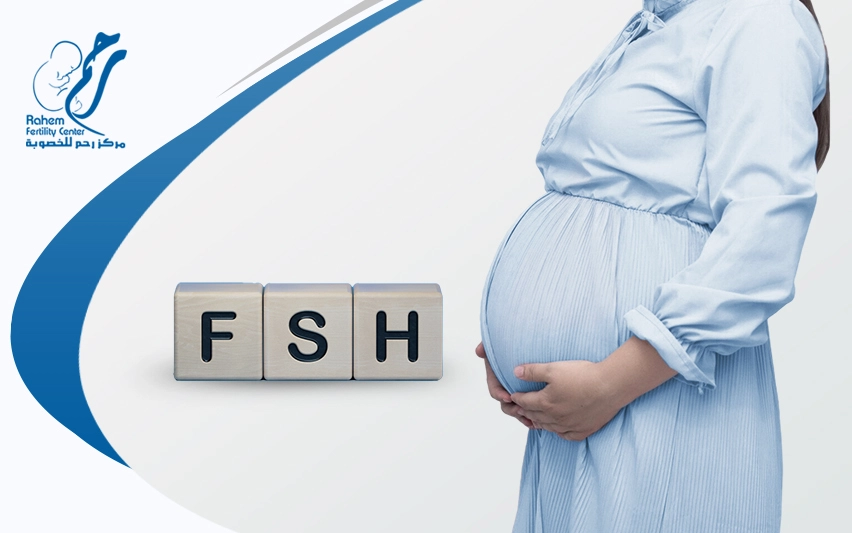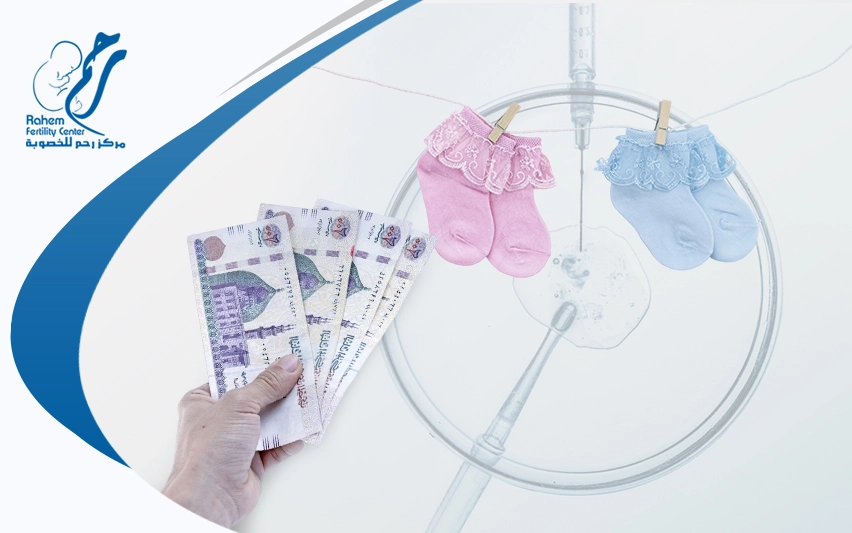Choosing your baby’s gender before birth might sound like something from a science fiction movie. But today, it’s real. With advanced IVF techniques and genetic testing, parents can select whether they want a boy or a girl.
Even so, many people wonder: Are there any problems with gender selection? Let’s talk about this openly.
Medical Risks: What are the risks of gender selection?
Even though the selection of an embryo’s gender through PGT-A is very accurate, the IVF process itself carries some risks, such as:
- Risks related to anesthesia during the egg retrieval process.
- The side effects of hormonal stimulation.
- Physical and emotional strain if the first cycle fails.
The Emotional Problems with Gender Selection
For some couples, the desire to have a girl this time or finally a boy can become an emotional trap. What if the selected embryo doesn’t implant? What if the pregnancy fails? What if you feel guilty for choosing at all?
And then there’s the silent pressure on yourself and your partner.
At Rahem Center, our vision is to be at the forefront of distinguished scientific centers in the field of fertility assistance, not only in Egypt but in the world.Get your inquiry
![]()
What Are The Ethical Issues of Gender Selection?
The ethical Issues of gender selection may raise some questions, such as:
- Is it okay to choose the child’s gender?
- Does this reinforce gender stereotypes, like boys being more valued?
- What message does it send to existing children if parents try again just to get the other gender?
These complex questions can place significant emotional strain and pressure on couples.
Therefore, a strong support system, whether from a therapist or fertility doctors, is needed throughout the IVF journey, helping couples process these feelings and confidently align their choices with their values.
know more about: gender selection ivf success rates
Problems with Gender Selection: A Social Lens
One of the problems with gender selection is that people may judge your decision. The extended family might question it, and it might even raise conversations you weren’t ready for!
And if your child ever finds out, will they wonder, “Would you still have chosen me if I were the opposite gender?” That’s not a simple question, and there’s no simple answer either.
So, you need to engage in honest, open conversations as a couple about your motivations and expectations, ensuring you’re both comfortable with the decision.
If you have existing children, consider how you will communicate your choices in a way that always affirms their unconditional value, regardless of gender.
The “What If” Factor
This is the part no one tells you. What if it works and you’re still not satisfied?
Sometimes gender preference is tied to something deeper, like unresolved family patterns, grief, or cultural pressure. And choosing the gender doesn’t fix that. In some cases, it adds a new layer of emotional complexity to parenting.
Know What You’re Walking Into
The problems with gender selection aren’t about how the process works. They’re about everything that comes after the embryo is chosen. The feelings, the expectations, the conversations you’ll have or avoid for years.
If you’re thinking about going down this path, take your time. Talk to a therapist, not just the fertility doctor.
Your Gender Selection IVF Journey with Rahem Fertility Center
At Rahem Fertility Center, we believe in empowering you with not just advanced technologies and proper treatment plans, but also with the support you need throughout your journey.
From your first consultation to every step that follows, our team is here to guide, encourage, and stand by you every step of the way.
Contact us now to schedule your consultation with our expert doctors.










